Easy DIY Ironing Board Cover
Ironing is a necessary evil in every household and especially if you sew or quilt, your ironing board gets a lot of use. After a while the stains on the cover just decide to stay, there are too many scorch marks… and then it is time to change the cover, just to make ironing a little more agreeable. Well, actually, while I’m sewing I don’t mind ironing that much. It’s the weekly laundry pile that bothers me more :-) But, anyway, changing the cover is definitely a lovely treat to yourself. Believe me, it really is!
BEFORE
AFTER
Of course, you can also run to the store and buy a new one, but you can also make a cover yourself. Yes you can! It is very easy!
The cover in this tutorial is used on top of any old insulated cover. I just leave the old cover on the board. To make this cover, you can use any natural fiber that can stand heat and is easily washable. I’m using 100% cotton here. Maybe you have a nice fabric in your fabric stash that you really like but can’t find the right pattern to use it for?
Don’t start scrolling to look for the downloadable pattern in this tutorial, there is none. The basic idea is that you will trace around your own ironing board, add allowance and fold the edges inside to create a casing. Then you can thread elastic or a string through the casing. You will start from your own ironing board and make a cover that will fit your board.
A little warning. You need a big table that is free of stuff or you will have to get down on your knees and draw on the floor, like I did :-)
YOU NEED
-
- Cotton fabric, the size of your ironing board + 3 inch seam allowance
- A string, length = the circumference of your ironing board
- Basic sewing tools: thread, sewing machine, temporary markers, a bodkin or magic wand, clips or pins and a seam gauge.
THE STEPS
-
- Prewash your cotton fabric! If you don’t want it to shrink too much, don’t use your dryer.
- Spread the fabric open on the floor (or on your sewing table), wrong side up.
-
-
To draw the custom size, you can either use your current cover or the board itself.
- When you are using your iron board, place it on top of the fabric board down, trace all around. Now add enough allowance to be able to fold the fabric over (2 inches) plus make the casing (2 inches). I added 4 inches in total.
- When you are using the old casing to trace the shape, just add 2 inches for the casing
-
To draw the custom size, you can either use your current cover or the board itself.
Trace the shape plus the allowance with a temporary fabric marker and a seam gauge.
-
- Cut out following the marks you just made.
-
-
You will now need to sew double folded hem. The curved top makes it a little more difficult. But there is a little trick to make this easier and do it neatly. I just baste stitch the first fold line before I iron.
To do that, you sew a line at ½ inch from the edge with a large stitch (4 or 5 stitch length), do not backstitch. This is a temporary stitch. I used my magnetic seam guide to make sure I keep that ½ inch.
-
You will now need to sew double folded hem. The curved top makes it a little more difficult. But there is a little trick to make this easier and do it neatly. I just baste stitch the first fold line before I iron.
-
- Iron on this stitch line, using it as a guide. Press.
-
-
Put the cover on your ironing board to mark the spots where the string will go in and out of the casing. If you have an iron holder you need to leave two openings in the casing right next to the iron holder. This way you can make the knot in the string underneath the holder.
If you don’t have an iron holder, then one opening is enough to tie the knot with the string ends and attach the cover. You can even use elastic if you want. And you can choose where to have that opening in the casing.
-
Put the cover on your ironing board to mark the spots where the string will go in and out of the casing. If you have an iron holder you need to leave two openings in the casing right next to the iron holder. This way you can make the knot in the string underneath the holder.
-
- Now fold over this hem ½ inch again, using a seam gauge or just use the first fold to make a ½ inch hem. You can also use a seam gauge and mark this line with a temporary marker or just iron the next fold immediately, like I did.
-
- Add pins and press.
-
- Sew this hem as close to the edge as possible. Backstitch when you start and stop. Don’t go too fast and don’t worry if there is some puckering. Just guide the fabric under the presser foot, using an awl or our Magic Wand. When you get to the 2 marks, leave two 1 inch openings for the string. Backstitch when you start and stop.
-
- Remove the basting stitches.
-
- Use plenty of steam and press firmly to smooth out the puckering.
- Grab your string and a safety pin, a bodkin or your Magic Wand and pull the string all the way through the casing from one opening to the other.
Put your new cover over your iron board, pull the string, smooth out the cover and tie a knot under the ironing board. Now press the cover to eliminate any wrinkles. You want the surface to be smooth so the wrinkles won’t transfer to the pressed items, right?
Just get to it, it is not hard. It’s a lot of fun and with the right tools, you can tackle this in no time!
Don’t hesitate to get in touch if you have any questions! an@madamsew.com
Happy Sewing!
An
sewing enthusiast at Madamsew.com
Download the PDF of this tutorial HERE
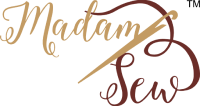








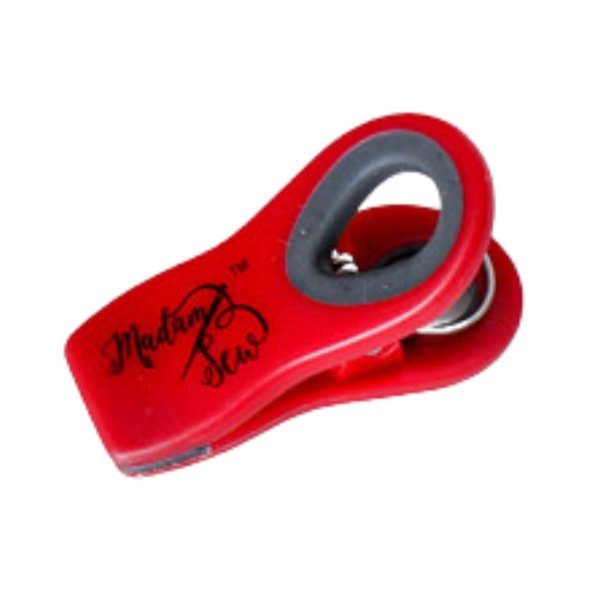
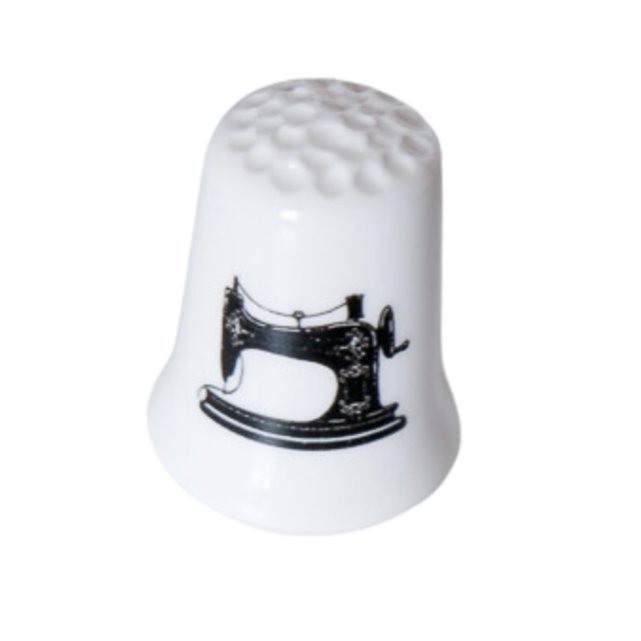




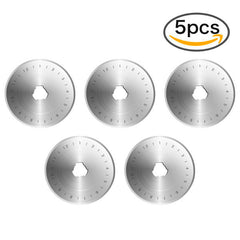

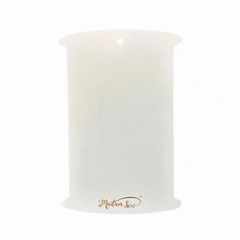

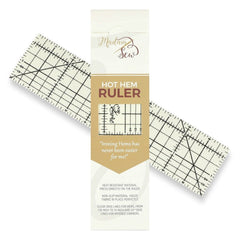
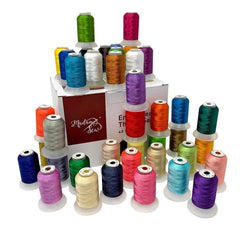
5 comments
Thank you for this pattern, I have an oversized quilting ironing board and it is in desperate need of a new cover. Not only are they hard to find, but are usually quite expensive. Love the fact that I can make one to fit this board at a much cheaper cost and in a fabric that I like and may already have in my stash.. thank you again
Thank you for your info. I will certainly make this much needed new cover!
Thank you for sharing this!
Thank you for this. I’ve been wanting to make a new iron cover for a couple weeks. Wish I could post before and after pics!
I’m desperate for a new ironing board cover but can’t get one to fit so I will definitely be making one following your instructions THANKYOU